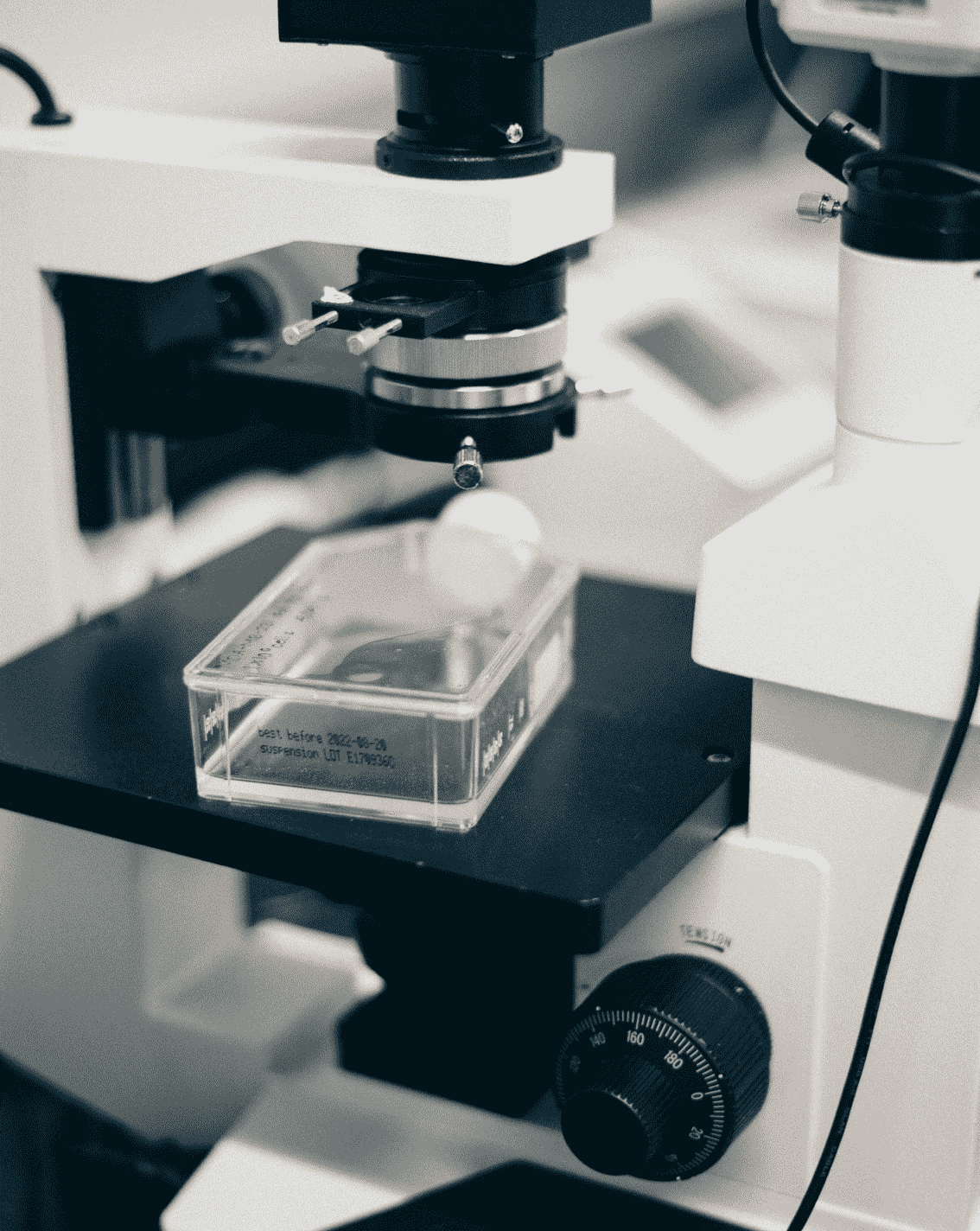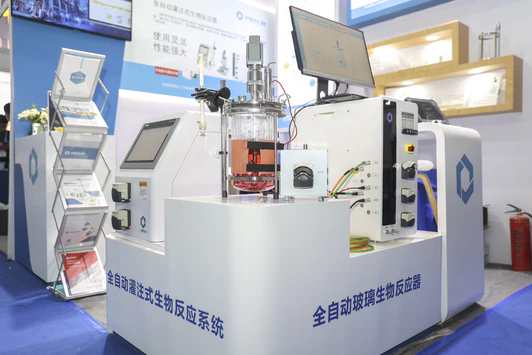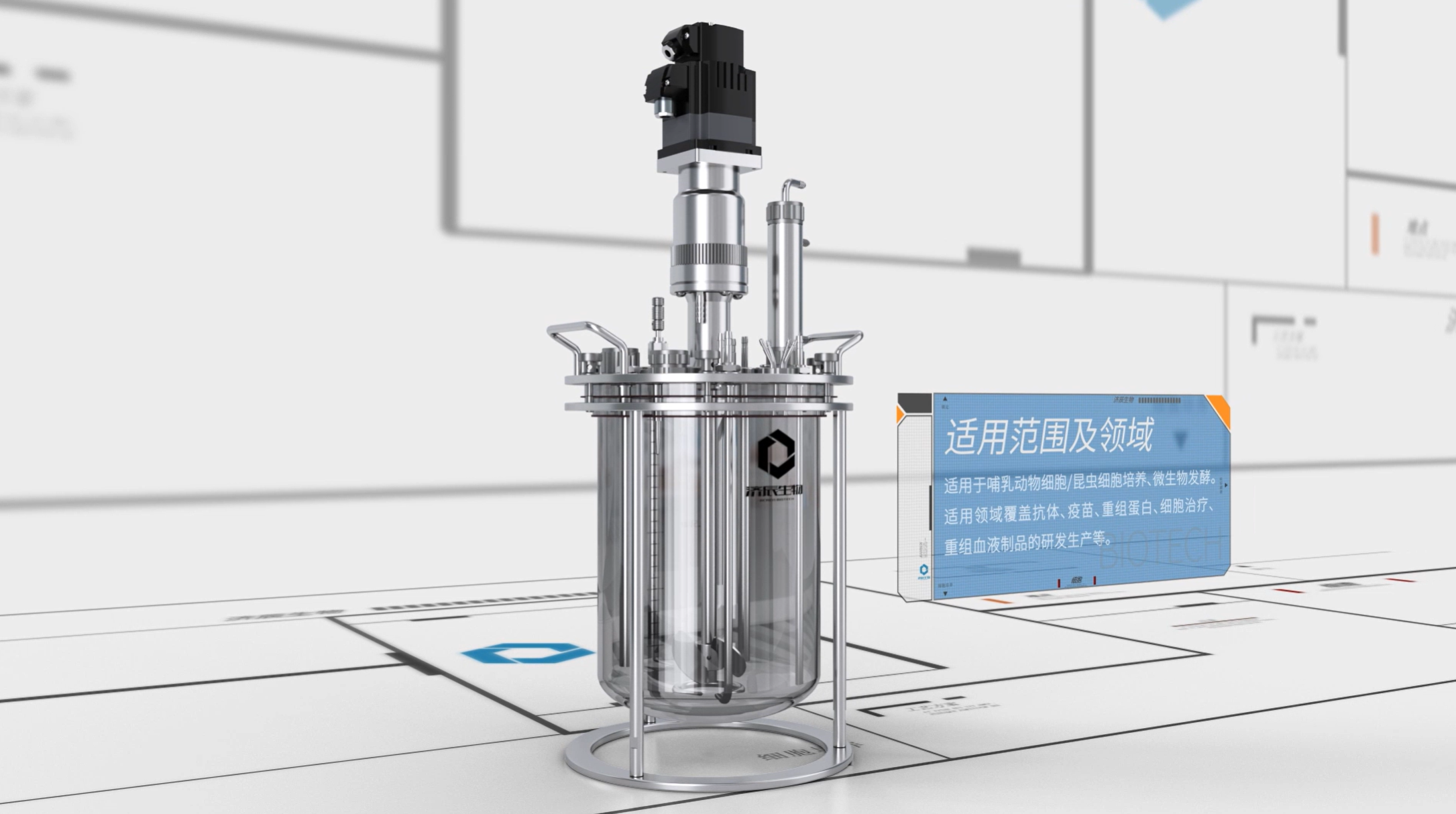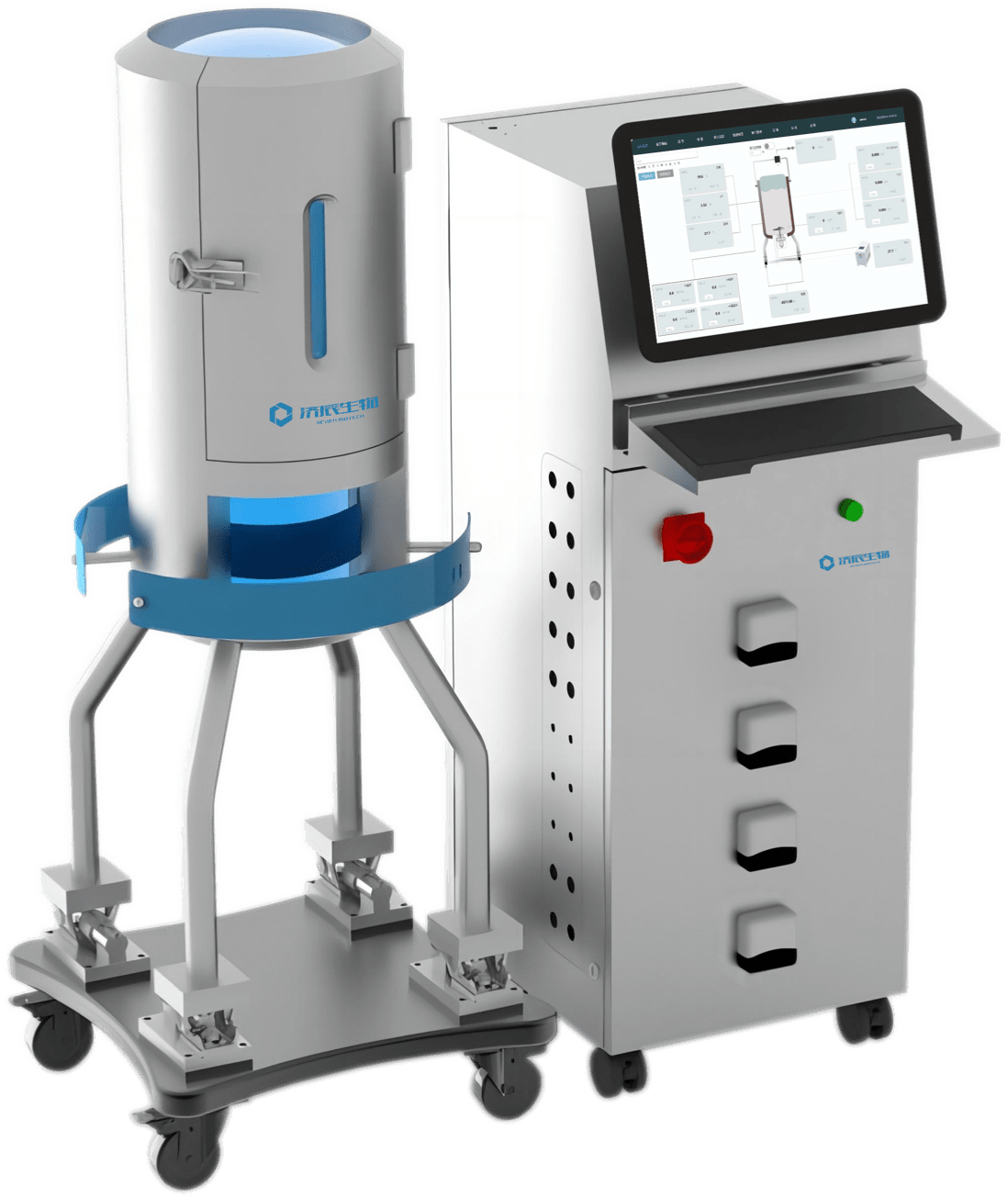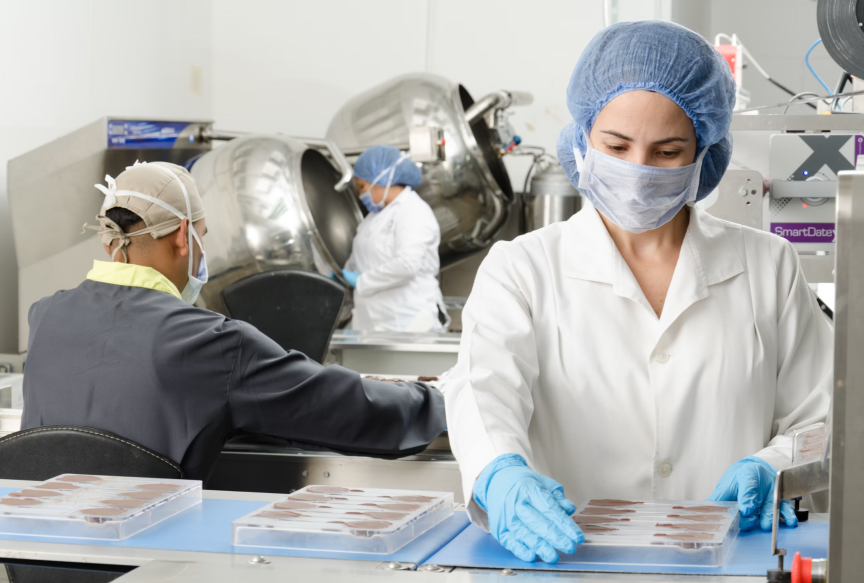With the continuous progress of science and technology, the biopharmaceutical industry has developed rapidly in China. In terms of new drug development, production and quality control, biopharmaceutical companies are facing great challenges. In order to improve production efficiency, reduce costs, and ensure product quality, process automation is increasingly used in the biopharmaceutical industry.
Status quo of process automation in the biopharmaceutical industry
1. Production automation
Biopharmaceutical production process, automation equipment and technology are widely used. For example, fermenters, bioreactors, centrifuges, membrane filtration equipment, etc., have been automated and controlled. Through the integrated control system, companies can monitor the temperature, humidity, pressure and other key parameters in the production process in real time to ensure stable production.
2. Detection and quality control automation
The quality of biopharmaceutical products is crucial, and automation technology plays an important role in detection and quality control. High-performance liquid chromatography, mass spectrometry, atomic absorption spectrometry and other high-end testing equipment realize the automation of sample pre-treatment, testing and data analysis. In addition, the automated control system can monitor the key links in the production process in real time to ensure product quality.
3. R&D automation
Automation technology also plays an important role in the research and development stage of new drugs. The application of technologies such as high-throughput screening and automated experiments has greatly improved the efficiency of R&D. Through automated experimental platforms, researchers can quickly screen drug candidate molecules with potential value and shorten the R&D cycle.
Advantages of process automation in the biopharmaceutical industry
1. Improvement of production efficiency
Automation technology can realize the continuity and scaling up of the production process, and effectively improve the production efficiency. Taking the fermentation process as an example, the use of automated control systems can realize the precise control of strain cultivation, fermentation, product extraction and other aspects, shorten the production cycle and increase the yield.
2. Cost reduction
Process automation helps to reduce production costs. On the one hand, automated equipment can reduce manual operation and lower labor costs; on the other hand, by optimizing the production process, it improves resource utilization and reduces raw material and energy consumption.
3. Ensure product quality
The application of automation technology in production, testing and quality control helps ensure product quality. Through real-time monitoring of key parameters, timely detection and problem solving can reduce the product failure rate.
4. Promote innovation and development
The application of automation technology brings new development opportunities for the biopharmaceutical industry. Enterprises can carry out innovative activities such as new drug development and process optimization with the help of automation technology to enhance their core competitiveness.
The development trend of process automation in the biopharmaceutical industry
1. Intelligence
With the development of AI, big data and other technologies, the process automation in the biopharmaceutical industry will be moving towards intelligence . In the future, companies will achieve autonomous decision-making and optimization of production, testing, research and development through intelligent control systems.
2. Integration
In order to improve the production efficiency, the biopharmaceutical industry will gradually realize the integration of equipment, process, information and other aspects. Through the integrated technology, the production process can be closely linked to reduce energy consumption and improve product quality.
3. Networking
The biopharmaceutical industry will make full use of the Internet, the Internet of Things, and other technologies to achieve remote monitoring and data analysis of production, testing, research and development. Networking technology helps companies optimize resource allocation and improve production efficiency.
4. Greening
In the context of increasing environmental awareness, process automation in the biopharmaceutical industry will pay more attention to greening. By adopting environmentally friendly equipment and optimizing the production process, energy consumption and pollutant emissions will be reduced to achieve sustainable development.
In short, process automation in the biopharmaceutical industry is of great significance for improving production efficiency, reducing costs and ensuring product quality. With the continuous progress of science and technology, the level of automation in the biopharmaceutical industry will be further enhanced, providing strong support for the innovative development of China's biopharmaceutical industry. Enterprises should seize the opportunity to increase investment in automation, improve core competitiveness, and help China's biopharmaceutical industry to move towards the world's advanced level.
